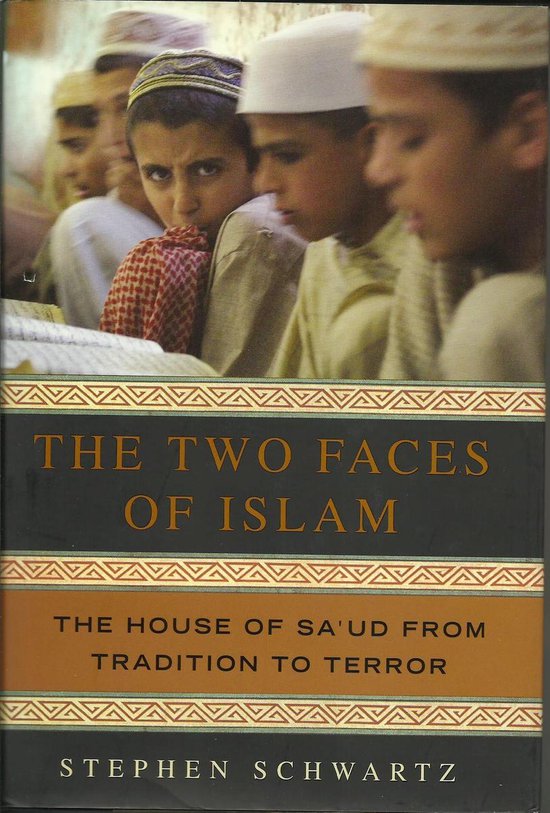
The Two Faces Of Islam
-
AuteurStephen Schwartz
- UitgeverijRandom House Inc
- Jaar-
In 'The Two Faces Of Islam', Stephen Schwartz delves into the complex dichotomy within Islam, exploring the historical and contemporary tensions between its moderate and extremist factions. With a meticulous approach, Schwartz traces the roots of Islamic extremism back to the 18th century, highlighting the influence of Wahhabism and its impact on the global Muslim community. The book offers a comprehensive analysis of how these divergent paths have shaped the perception of Islam in the modern world. Schwartz's narrative is both enlightening and provocative, challenging readers to reconsider their understanding of Islam's multifaceted identity. Through detailed research and compelling storytelling, 'The Two Faces Of Islam' serves as an essential read for anyone seeking to grasp the nuances of Islamic theology and its geopolitical ramifications.